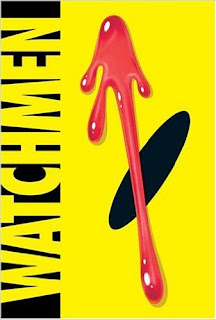Belonging in Miss Peregrine's Home for Peculiar Children
Finding your place in the world (or, adolescence) The teenage years can be stressful, awkward, and enlightening. It is during this crucial epoch in our lives that we begin to gain a fuller awareness of the world around us; our eyes are opened to the truth of the human condition, to the realities of social injustice and environmental concerns. As we move from childhood to adulthood, we come to realize—if we haven't already—that things aren't always fair, and we life won't always go the way we want it to. At the same time, we are aware of the growing pressures and responsibilities being placed on us as we make more decisions for ourselves and prepare to step up and take our place in the world. And it can be awkward, when we still feel like children, to try to understand who we are and what we are doing with our lives. It is in this integral stage of life that we meet the protagonist of our story, Jake. Though we don't see a lot of his day-to-day life, we get the fe...
